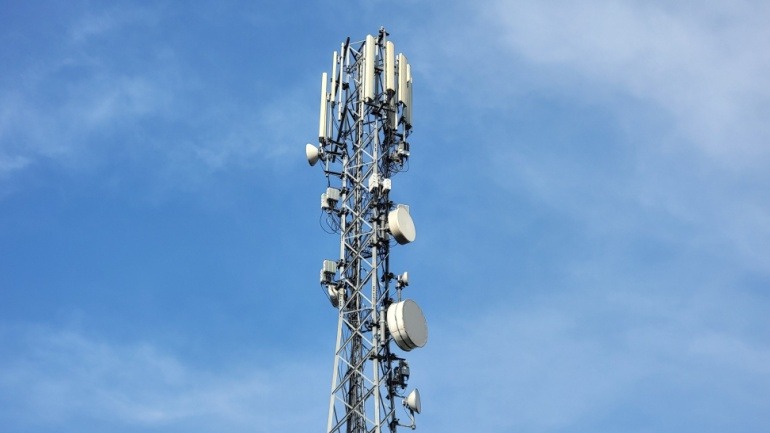Virgin Media O2’s strategic acquisition of 78.8 MHz spectrum from Vodafone for £343 million is a game-changer in the UK telecom landscape. This move enhances connectivity for both consumers and businesses, boosting mobile coverage and service quality.
The FCC is exploring opening over 20,000 MHz of underused spectrum for satellite use, potentially benefiting companies like SpaceX. This move comes amid rising criticism of Dish Network for underutilizing its licensed frequencies and signals growing regulatory support for the satellite broadband sector.
Viettel has acquired the vital 700 MHz spectrum for $75.2 million, boosting its goal of 99 percent population coverage by 2030. This move enhances 4G and 5G reach, especially in rural areas, and supports emerging IoT applications.
Mobile operators face a growing financial strain as spectrum costs soar while earnings per gigabyte plummet. The GSMA warns this imbalance threatens mobile network investment, potentially degrading service quality. With nearly 1,000 licenses up for renewal by 2030, the report urges governments to adopt fairer pricing.
A federal budget amendment extends spectrum auction authority to 2034, aiming to raise revenue by identifying 600 megahertz for auction. While excluding key bands like 3 GHz and 6 GHz, the plan sparks debate over spectrum use, with industry leaders divided on reallocating the CBRS band.
Twelve major European mobile operators urge regulators to allocate the upper 6GHz band for mobile use, warning that delays could hinder Europe’s 6G future. They argue the spectrum is vital for innovation and say Wi-Fi already has enough capacity, stressing the need to secure Europe’s technological edge.
The FCC is advancing new rules for the 37 GHz band to boost mobile capacity and enable shared use for federal and nonfederal users. The updated framework supports wireless innovation, sets stricter emission limits, and introduces nonexclusive nationwide licenses.
Bharti Airtel’s latest acquisition of 400MHz 26GHz spectrum from Adani Data Networks marks a pivotal move to bolster its 5G services. This acquisition enhances Airtel’s 5G footprint across key Indian regions and addresses high-capacity use cases like Fixed Wireless Access and enterprise solutions.
India’s leading telecom operators emphasize the urgent need for a robust spectrum roadmap. As India’s 5G landscape evolves, operators like Bharti Airtel and Reliance Jio highlight current spectrum allocations are insufficient for future demands.
The UK’s major mobile operators are challenging Ofcom’s proposed changes to spectrum annual license fees. Despite a proposed 21% reduction in fees for the 900MHz and 1800MHz spectrums, and a 12% increase for the 2100MHz band, operators argue the fees are still too high.













